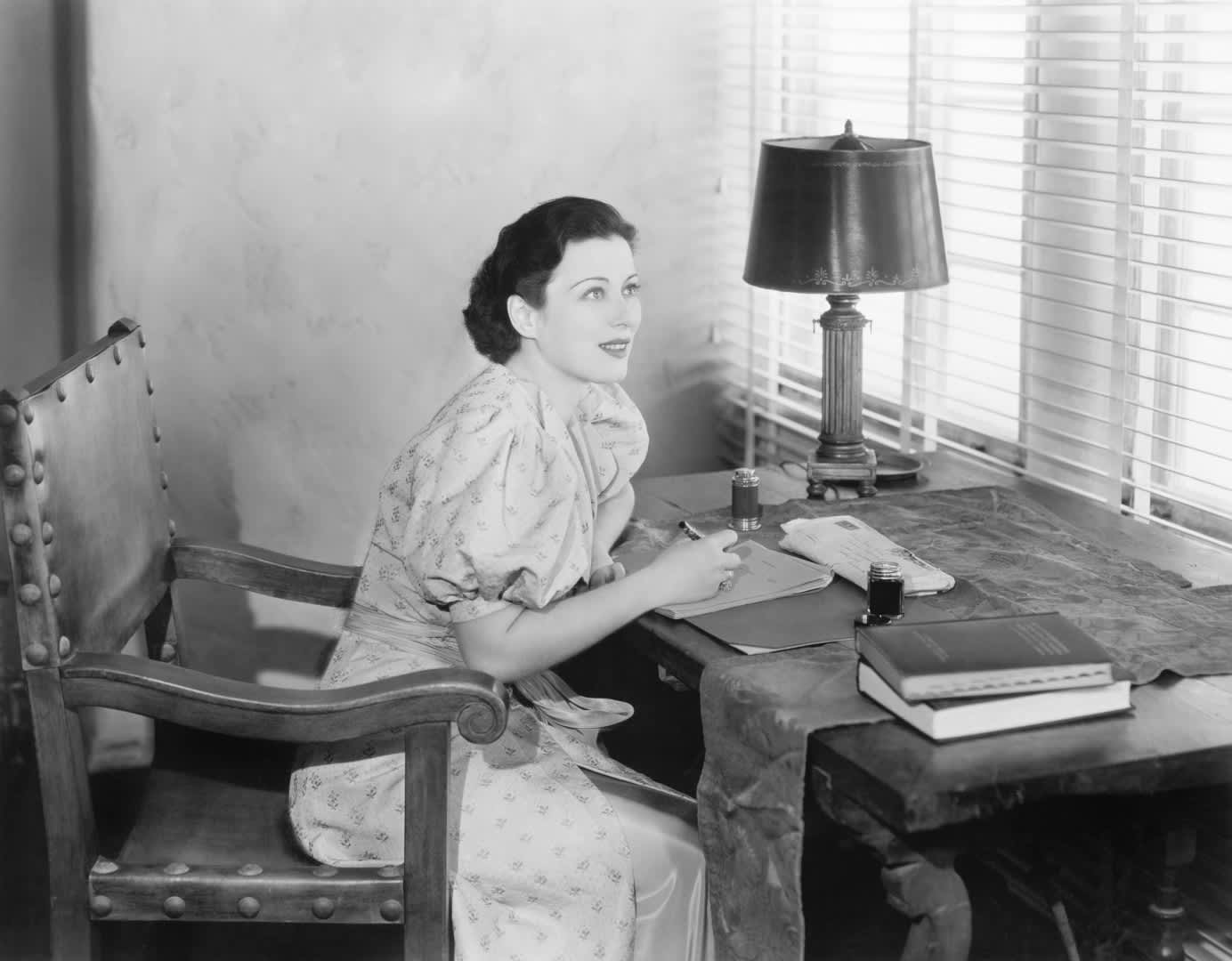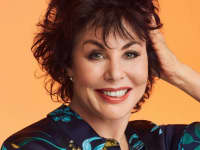Virginia Woolf famously wrote that, ‘I would venture to guess that Anon, who wrote so many poems without signing them, was often a woman.’ After Anon fell out of common use, it was an 18th century habit to use either explicitly male or otherwise androgynous initials to hide from the view that women only wrote books about sad ladies who were looking for a husband or in a bucolic cow-milking idyll (Anon now is reserved for erotica and top-level political exposés.) It is easy to feel like this is a part of history – everyone knows George Eliot was not a chap, and the Brontës are exclusively published under their own names – but the ripples of hiding who you are spread out.
We all know J K Rowling, told to make up a middle initial because no boy would want to read about a boy wizard if it were written by a woman, is Joanne. Strangely, when everyone hung onto her every word it didn’t matter – but to use Rowling as an example is to skew the sample because she was so out of the ordinary…or was she? Her first Cormoran Strike novel, submitted under the pseudonym Robert Galbraith, was met with her agent disbelieving a woman could ever have written anything like this. (I remember the joke about why women are better at writing crime, because they are often more adept at cleaning up blood regularly.)
Oh, but Page Turner, you cannot extrapolate from one modern author! Ah, but the problem runs deeper than that. Catherine Nichols sent her novel to 50 different agents under her own name and received only two requests. Submitting the same novel under a male name she received 17 requests out of the same number of submissions – the homme de plume was almost eight times better a writer, apparently. So, what to do? It seems almost impossible to answer, and the problem is further complicated with some male authors publishing in traditionally women-dominated fields (psychological thrillers etc.) under ambiguous initials and using biographies that do not reveal their identity. Examples include JP Delaney with The Girl Before and AJ Finn with The Woman in the Window – following on from the success of Gone Girl but with male authors.
Perhaps one solution could be to submit all fiction anonymously, a model adopted by several online literary journals, and for the author’s identity to only be revealed after acceptance for publication. This does not seem practical in an industry that often offers multiple-book contracts. Again, we could look at the way different books are marketed (remember the scandal when The Bell Jar was re-released with a woman putting on lipstick in a compact mirror, as it is really anything but a light romance) but this may alienate more potential readers than it brings in.
I don’t have any clear or good answers. But this month, definitely buy books and read books by women. They can be excellent, I promise.










